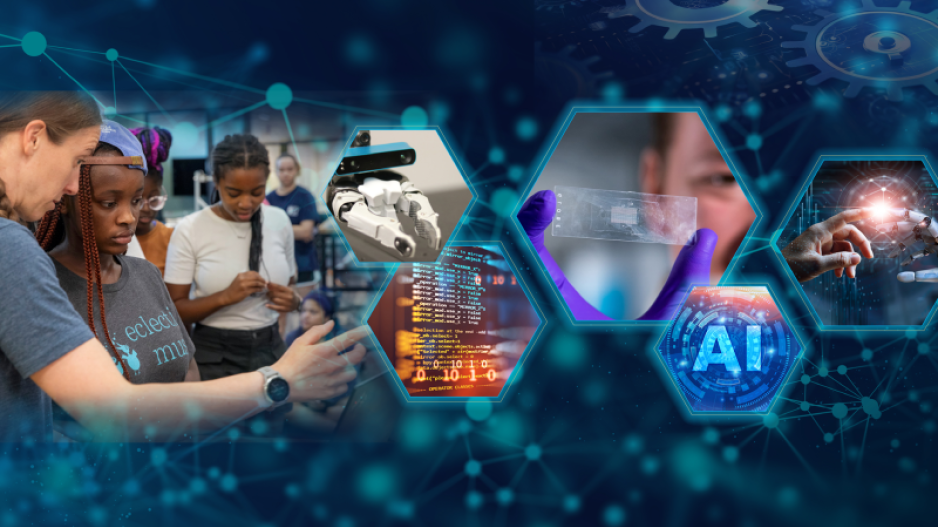University of Cyprus Hosts Seminar on AI’s Role in Academic Teaching
Applications and Challenges
The University of Cyprus recently organized a scientific seminar titled “Artificial Intelligence: Examples and Applications in University Teaching,” aimed at enhancing understanding and utilization of AI in academia.
According to a university statement, Rector Professor Tasos Christofides emphasized the importance of meaningful communication and interaction between educators and students across generations. He highlighted the necessity for educators to stay informed about new teaching approaches.
He noted that while AI tools can offer significant benefits in the academic environment, their use must not compromise critical thinking or ethical standards. “The time saved by utilizing AI tools should not come at the expense of cultivating critical thinking or maintaining strong ethical stances on issues like plagiarism and respect for intellectual property,” he remarked.
The Vice-Rector for Academic Affairs, Tatiana-Eleni Synodinou, stressed the need for innovative approaches in universities. These approaches should leverage AI to equip students with skills and knowledge applicable both during and after their studies. She also underlined the necessity of adapting academic regulations to the challenges posed by AI.
“The University of Cyprus has been actively working on this since 2023, formulating recommendations for AI use in education and promoting awareness through various initiatives,” Synodinou stated.

In the first part of the seminar, academic experts explored recent advancements and challenges in AI use. Presentations were delivered by:
-
Antis Loizides, Assistant Professor in the Department of Social and Political Sciences at the University of Cyprus.
-
Nikolas Dietis, Assistant Professor of Medicine.
-
Panos Ipeirotis, Professor at the Stern School of Business, New York University.
In the second session, academics delved into practical applications of generative AI in diverse fields:
-
Costas Constantinides, Lecturer in the Department of Social and Political Sciences.
-
Dora Loizidou, Lecturer in the Department of French and European Studies.
-
Michalinos Zembylas, Professor at the Open University of Cyprus.
-
Eleni Christodoulou, Special Scientist for Teaching and Research.
Their discussions covered AI’s potential in audiovisual fields, academic writing in foreign languages, and student attitudes towards tools like ChatGPT.
The seminar concluded with an interactive discussion moderated by Professor Marios Dikaiakos from the Department of Computer Science. Participants posed questions and shared comments, fostering a productive dialogue about AI’s role in university education.
The event highlighted that integrating AI into education is a critical step for advancing quality teaching. However, its use must be guided by ethical and critical practices to enhance the learning process and support students' personal and professional growth.






